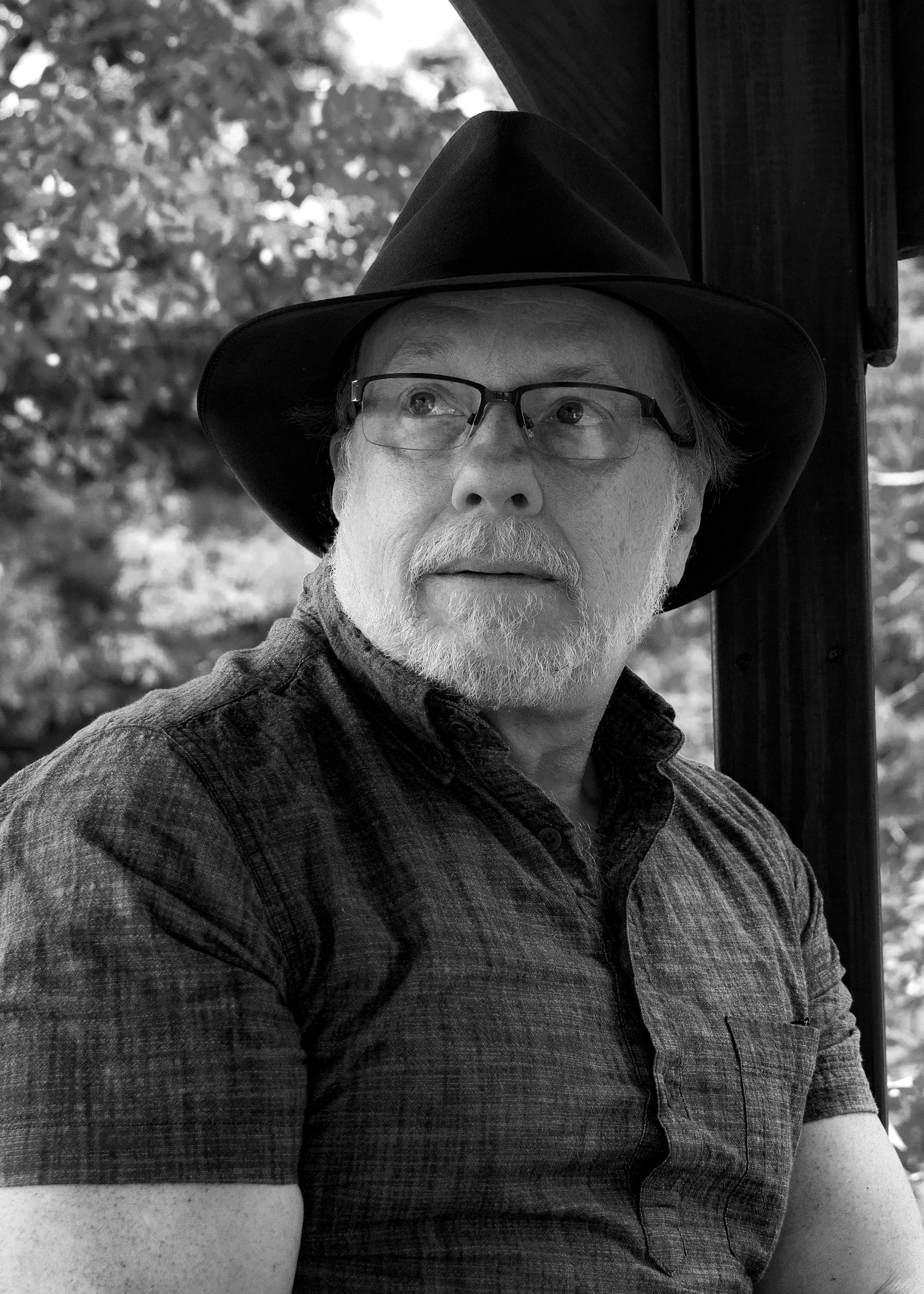I met Greg Bear (briefly) in 1984. One of the first of that generation of science fiction writer of whom I’d become acquainted initially through their short fiction. 1983 was a banner year in many ways and Bear was nominated for two stories—Hardfought and Blood Music, novella and novelette respectively—and I thought both of them were just wonderful. (There is something elegant about Hardfought that transcends even its subject, a kind of perfect example of form.) We went to our first worldcon (LACon II) and attended his reading. He was presenting material from his new fantasy, The Infinity Concerto, and I was fascinated. (I also made a bit of a fool of myself with a question, but it was funny.) Afterward we talked to him. The substance of the conversation escapes me, but he was generous and kind and clearly an enthusiast about science fiction as a whole.
I read everything I could get my hands on by Greg Bear. Like others for whom I endured quick obsessions, it burned itself out, and I have a handful of yet-to-be-reads by him, but I have always found his scope and the details with which he built his worlds to be utterly marvelous. I have never not had a great time reading a Greg Bear novel.
I think it was The Forge of God that tripped me up. Amazing book, but it struck me at the time as altogether too depressing. I staggered on through a few more and then my time was consumed by other works.
In some ways, Greg Bear could be seen as the American Iain M. Banks. I am also taken by his occasional forays into prose experiments, his playful deployment of language to set tone. His restraint made these experiments more accessible than others who tried similar things. But always it was the world and ideas that were center stage, carried by an array of characters that were well-made for their tasks. (His short stories are often more experimental and run a gamut of styles and approaches.)
We crossed paths again in 1997 and I got to spend a couple hours with the Killer Bs—Brin, Benford, and Bear. I realize, looking back, that these three writers define a segment of a period for me. The possibilities of narrative trajectories and the skillful interjection of humanist qualities too often under-attended in what we call hard SF. Anyway, grand total of personal interaction with Greg Bear…maybe four hours.
In the lexicon of influences in my reading life (and somewhat in my writing career), Greg Bear is up there with Clarke, Pohl, Anderson, and Gerrold. A very specific set of aesthetics. (Silver Age mainly instead of Golden?) He never got trapped into series, he wrote a wide array of subjects and concepts, and there was a joy inherent in his prose that I found compelling. He reminded me of what it meant to be simply a Fan. The Universe is strange, vast, and polychromatic and he wanted the reader to experience that variety. Did he succeed? Only the individual reader can decide that. The merit is in the attempt and the fact that one can see what he was striving for.
He has gone. I was a little shocked to note that he was only three years older than me, near enough to a contemporary to disorient me a bit. I always think of people who are that good and achieve that much as considerably older than me, which is silly but a heuristic I can’t quite seem to shake.
The books matter. I would like to see them all back in print. We move on too quickly sometimes and forget the pleasures of what came before. I urge any and all to find his books and live with them for a while. Strength of Stones is a marvel. Beyond Heaven’s River an unexpectedly rich treat. Eon a journey to unforgettable time[s]. And do not pass up the short stories.
I’m going to be reading some of those I have yet to. One of our Voices has passed. Read him, let him speak.



